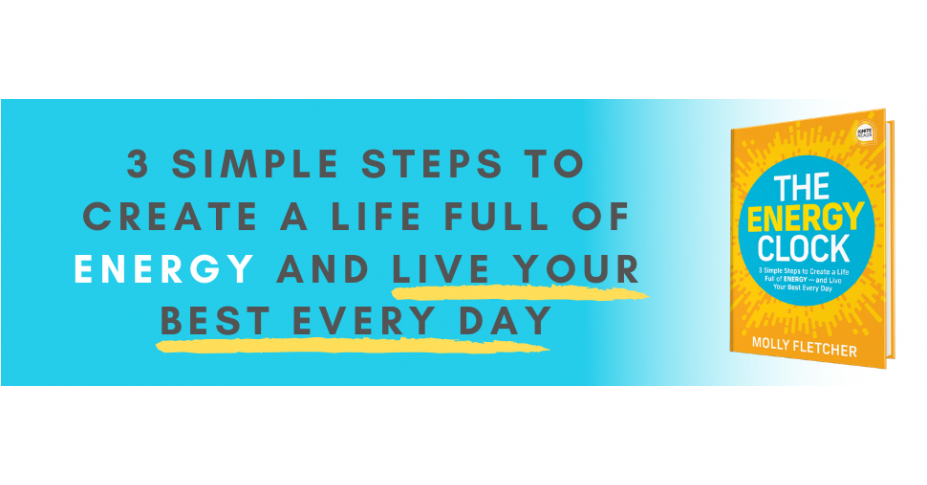Live a Life Full of Energy with This Helpful Tool
We live in a relentless, 24/7 world. We try to manage every minute of the day, but instead we wind up feeling burnt out and exhausted. Remember that time you followed a schedule crammed with tasks and activities, but the effort didn’t seem to get you much closer to your goal? That’s because when you don’t manage your energy, you fall short of getting the most out of your time.
Too often we assume that spending an hour on an important task is going to produce measurable results. But it’s not the hour that matters; it’s harnessing your energy. If we don’t bring energy to what we’re doing, the time spent really doesn’t matter.
Isn't there a better way?
Time management is important but the real key is managing your energy. You can’t create more hours in the day, but you can control who and what you give your energy to. Too many people fail to realize who and what they give their energy to and why. As a result, they end up drained and unfulfilled, with no energy for what matters most.
What if you could stop micromanaging your time, and instead focus on directing your energy toward what’s most important?
In my new book, The Energy Clock, I share a tool called the Energy Audit that helps you recognize where you are spending your energy so that you can create change. When you begin to see your time as serving the ebb and flow of your energy, you can make better choices of how to spend both.
Performing an Energy Audit
When your home or office’s heating and cooling system isn’t working efficiently, it’s time for an energy audit. There is a balance for both functions to create efficiency. The same principle applies to our own lives.
You might think of heat as the energy you need to get things done, and cooling as the energy replacement time (down time) needed in between those bursts of energy. Both are important, especially in avoiding burnout.
An energy audit simply means looking holistically at all of your energy outputs and determining where you are gaining energy and where you are losing it. Start with these three questions:

This awareness is the first step in creating change. It’s about knowing where you are and how to shift your energy towards those things that give you energy.
From there, you can take action on how to maximize your energizers, eliminate or better manage your drainers, and be more efficient with everything in between.

Setting Your Energy Clock
The “Energy Clock” is a way of re-imagining your time to bring energy to the most important priorities. In the book, I dig into how you can use the clarity gained from the energy audit to take charge of your energy.
Here’s the deal. You control your energy—how you spend it, where it goes and how you can allocate it better. Awareness of your energy will change how you manage your time, and change it for the better.
-Molly Fletcher, author of The Energy Clock
For more on creating a life full of energy, check out The Energy Clock>>


